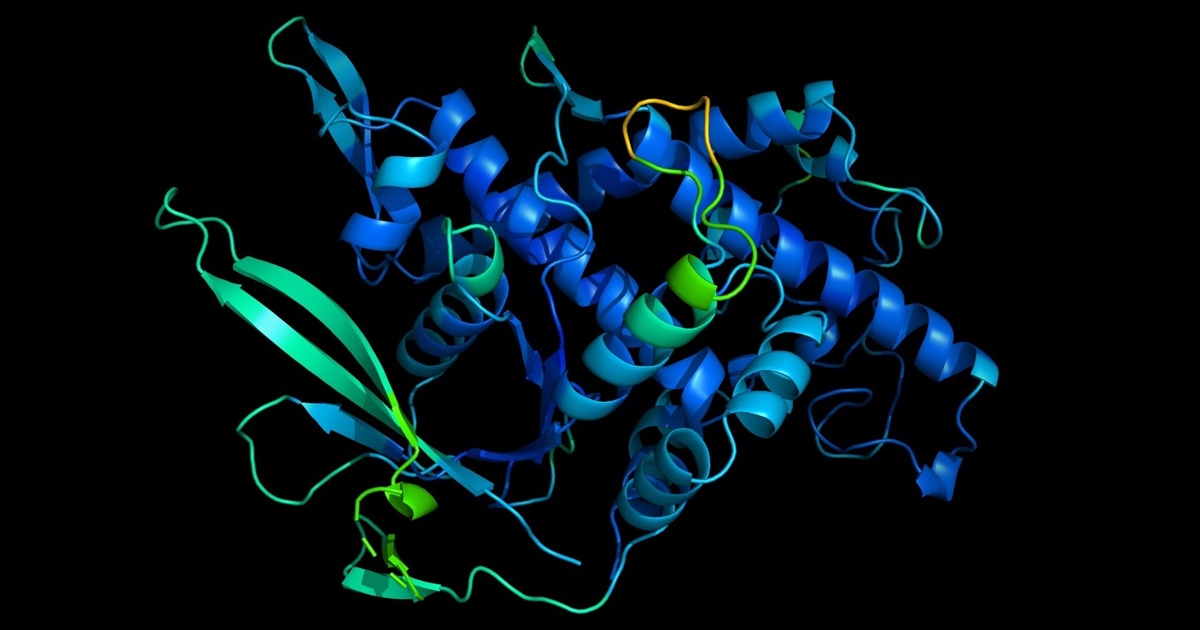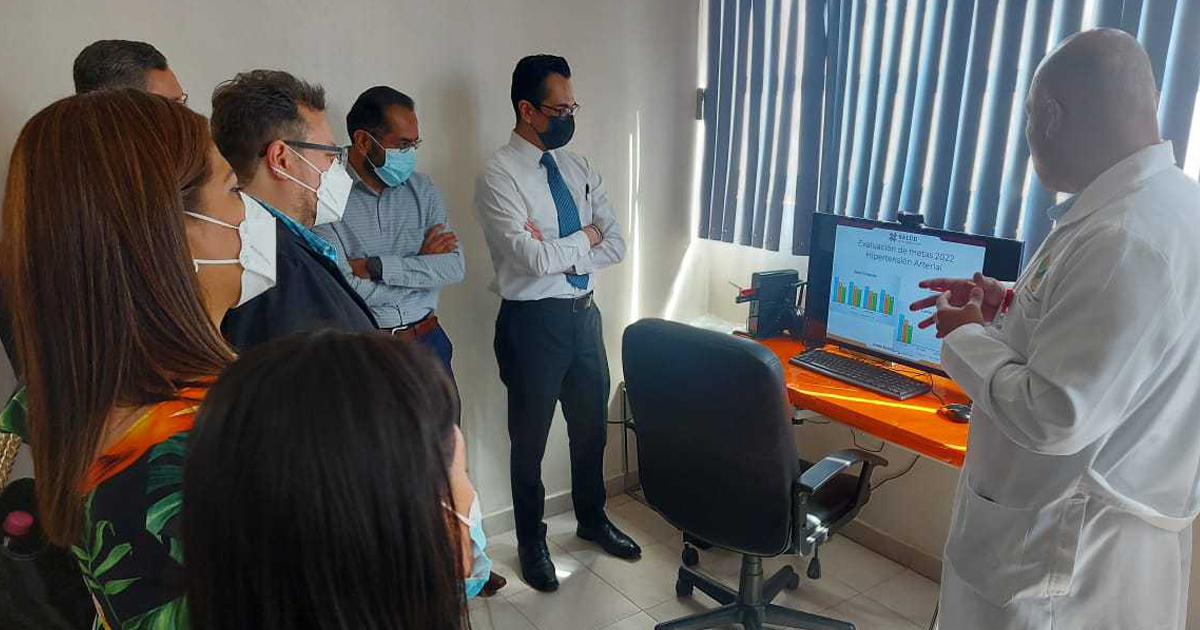Científicos de DeepMind, compañía perteneciente a Google descubrieron a través de Artificial Intelligence, una de las características que hacen que las proteínas obtengan su forma tridimensional. Se trata de un descubrimiento que ha sido investigado desde la década de los 70.
DeepMind es una compañía especializada en Artificial Intelligence (AI) que desde 2014 pertenece a Alphabet Inc. Uno de los programas que ha desarrollado DeepMind es AlphaFold, este proyecto fue descrito como “la culminación de varios años de trabajo, y basado en décadas de investigación previa utilizando grandes conjuntos de datos genómicos para predecir la estructura de las proteínas”. La forma de las proteínas determina su función, es por eso que este descubrimiento es un gran paso para el desarrollo de la ciencia en tiempos actuales. Gracias a la AI, fue posible realizar ensayos de prueba y error, lo que permitió acortar el tiempo de la investigación y por supuesto reducir costos.
Las proteínas se componen de secuencias de aminoácidos unidas entre sí, de esta forma los aminoácidos interactúan para lograr las formas de hoja plegada o hélice alfa. Estas formas en gran cantidad logran la forma tridimensional de la estructura de las proteínas.
Los primeros hallazgos fueron descritos en los artículos publicados en las revistas científicas Natura y PROTEINS, publicados en enero de 2020 y octubre de 2019, respectivamente. Ambos estudios indicaban que los modelos 3D desarrollados por AlphaFold eran más precisos que cualquier otro generado años atrás. “Lo que cualquier proteína puede hacer depende de su estructura tridimensional única. Por ejemplo, las proteínas de anticuerpos utilizadas por nuestro sistema inmunológico tienen forma de “Y”, y forman ganchos únicos. Al adherirse a los virus y las bacterias, estas proteínas de anticuerpos son capaces de detectar y etiquetar enfermedades, causando la eliminación de microorganismos” explican en su sitio oficial.

De esta forma, los desarrollos de AlphaFold podrán utilizarse para la creación y desarrollo de nuevos fármacos para el tratamiento de diversas enfermedades. Demis Hassabis, quien fundó DeepMind en 2010 y ahora se desempeña como director ejecutivo mencionó lo siguiente sobre este avance científico: “Estos algoritmos ahora se están volviendo lo suficientemente maduros y potentes como para ser aplicables a problemas científicos realmente desafiantes”.
Científicos han calificado este descubrimiento como un punto de inflexión, que cambiará no solo la medicina sino la investigación en bioingeniería. La comunidad científica espera que este hallazgo pueda ayudar en la investigación sobre más proteínas y el potencial desarrollo de nuevos medicamentos.
El proyecto de AlphaFold participó en the Critical Assessment of Protein Structure Prediction o CAPS, un evento que se realiza cada dos años en donde proyectos especializados en proteínas se exponen y compiten entre ellos. De hecho, el código utilizado en el CAPS13 por DeepMind esta disponible en GitHub a través del siguiente enlace: https://github.com/deepmind/deepmind-research/tree/master/alphafold_casp13.
Preliminary studies are available at the following links: https://onlinelibrary.wiley.com/doi/full/10.1002/prot.25834
BBC
https://www.bbc.com/mundo/noticias-55140137
THE GUARDIAN
DEEPMIND
https://deepmind.com/blog/article/AlphaFold-Using-AI-for-scientific-discovery
NATURE







